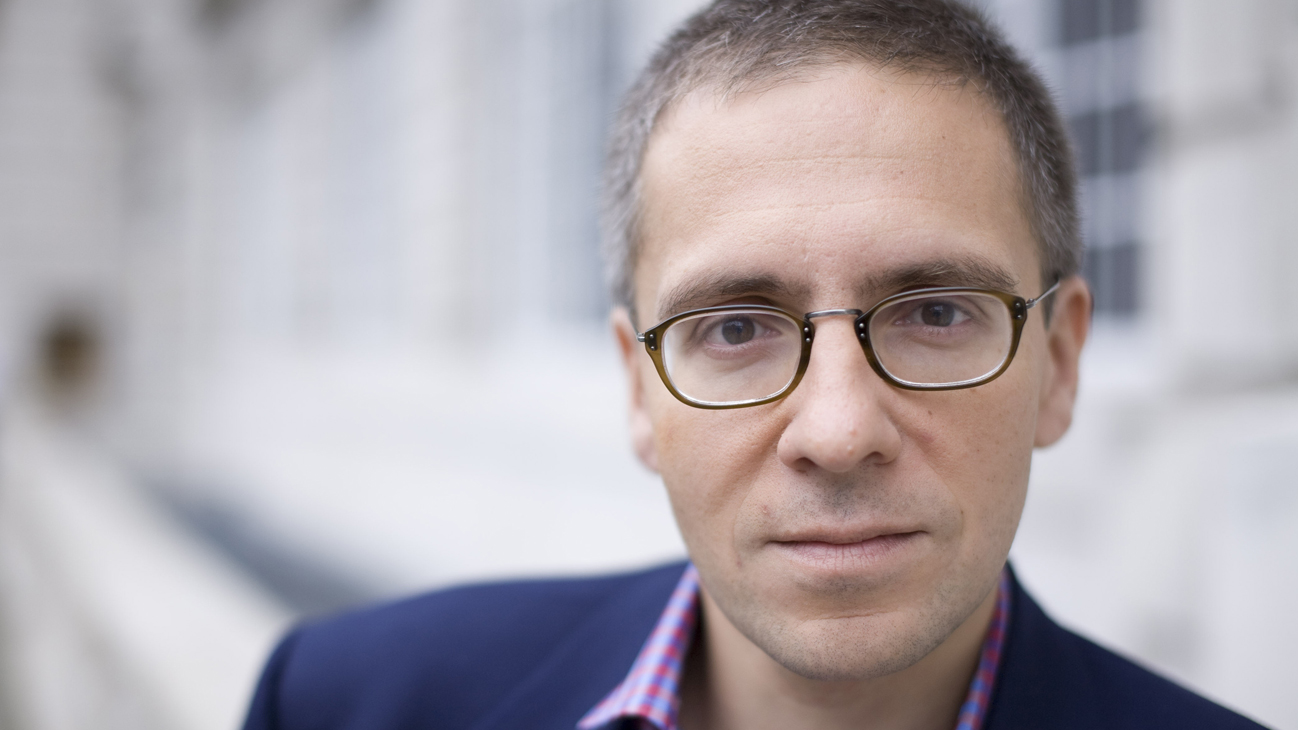Specializing in US foreign policy, states in transition, and global political risk, Ian Bremmer is one of the world’s leading global political risk researchers and consultants. Renowned for merging the study of political science with current financial markets and trends, he provides financial, corporate, and government clients with information and insight on how political developments move markets. Bremmer spoke with CNBC today about the toll the US election has taken on its international reputation.
The election may be ending, but it has hurt the reputation of the United States severely among allies and others worldwide, Eurasia Group President Ian Bremmer said Tuesday.
“You look at this election and what both candidates have said about trade, you look at what it says about our democracy … almost all of our allies are saying, ‘Not sure that American values are the ones we want to listen to, not sure that the U.S. is going to drive trade agreements globally anymore,'” Bremmer told CNBC.
“These are … the bedrocks upon which the American superpower and our influence around the world has stood,” the foreign policy guru told “Squawk Box.”
He added that after the election, it will remain difficult to boost our allies’ confidence.
“Whether it’s [Donald] Trump or whether it’s Hillary [Clinton] in January, it’s not as if suddenly it’s business as usual in the United States with all these countries,” Bremmer said.
Bremmer said that countries around the world are beginning to doubt the United States’ status as a global sheriff, with the refugee crisis, ISIS and other conflicts in the Middle East running rampant.
And, he argued, “this election has done absolutely nothing to rebuild our credibility.”
As a result, global power shifts will start to occur as the world scrambles to fill the void left by the United States’ tarnished reputation, Bremmer said.
“If there were another country [like the United States], life would be much easier,” the foreign policy guru said.
Bremmer’s predictions are as follows: In the Middle East, power will likely tilt to Iran, Saudi Arabia, Turkey and Israel. In Europe, Brexit will be a “long and indeterminate process,” Angela Merkel will be re-elected but lose support and populism will grow at a faster rate than even in the United States.
Bremmer believed that in Asia, China would fill the vacuum, as the country continues to globalize and invest in infrastructure worldwide.
“You’re starting to see that [shift] occur, but only economically, and if you leave that aside, the answer to the United States is problems don’t get resolved,” Bremmer said.

